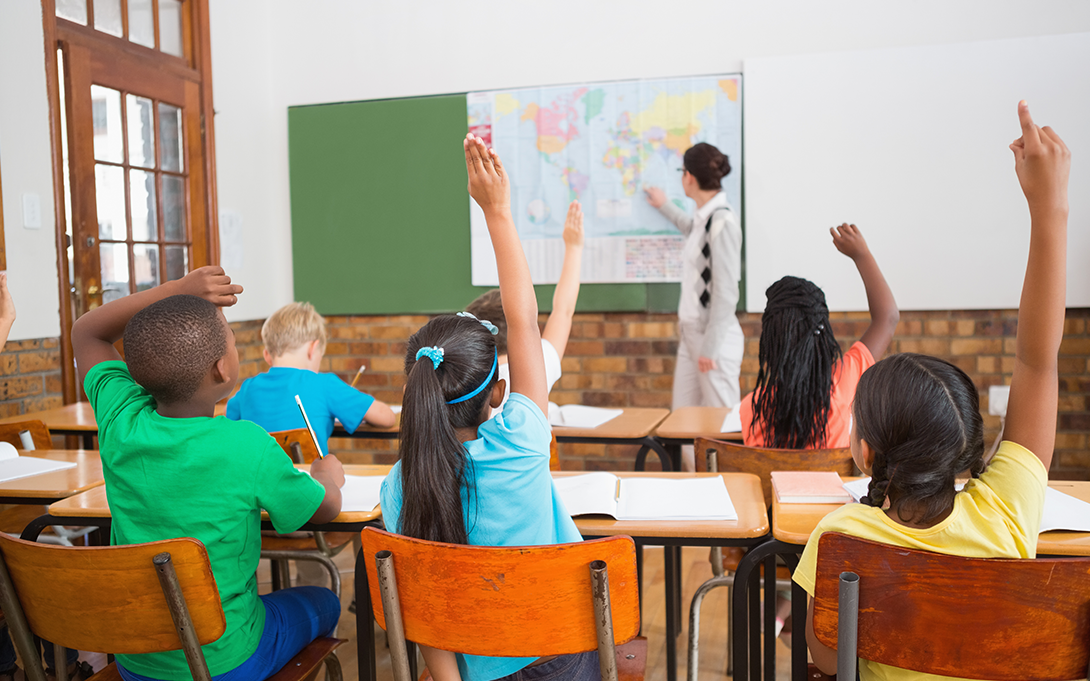Learning experiences vary across young children in the same classroom: Evidence from the individualizing student instruction measure in the Boston Public Schools
Classroom-level quality measures are widely used in early education settings but may mask important variation in learning experiences across children in the same classroom. This study investigates this possibility using detailed data from an observational measure of individual children’s learning experiences – Individualizing Student Instruction (ISI). We also examine two other suggested directions for improving early childhood measurement – measuring specific content and learning formats. Our sample includes 263 prekindergarteners and 390 kindergarteners (M age=5.2; 51% female; 20% Asian; 20% Black; 32% Latino; 24% White; 4% Other). We found that learning experiences differed substantially across young children enrolled in the same classroom and across student subgroups, particularly for some learning content areas and learning formats. However, this variation did not consistently predict children’s language, literacy, math, or executive function gains. The exception was a small relation between time off-task and math gains in both grades, though these findings are sensitive to which math measure is used. Findings underscore the need for more measurement work in early education settings, including development and validation of new instruments and rigorous psychometric studies of existing measures.

